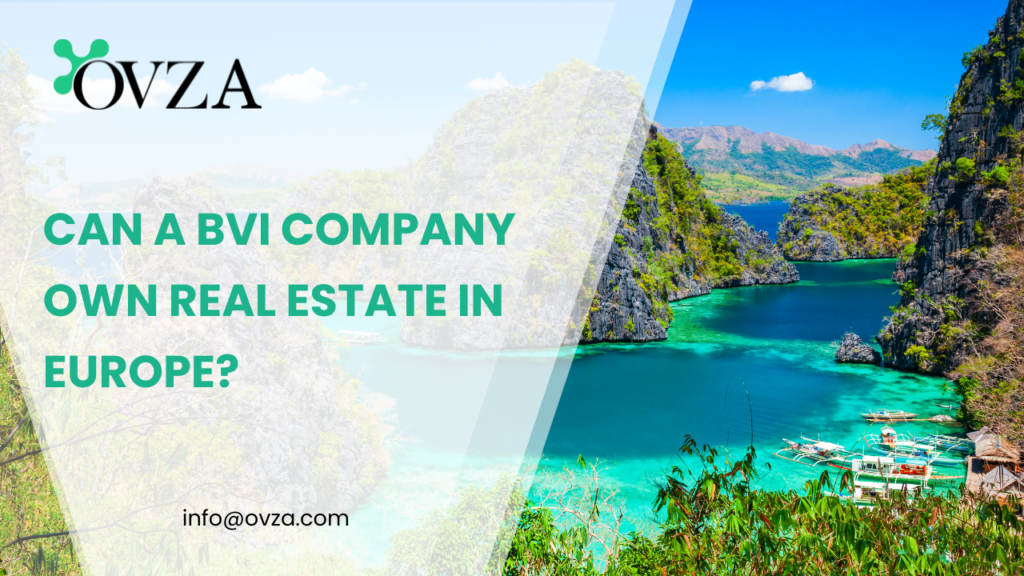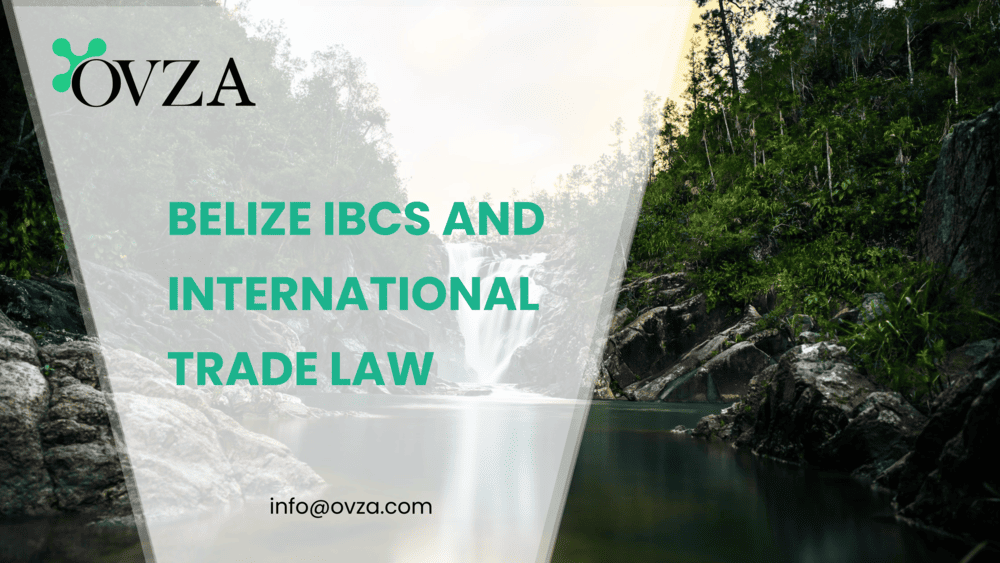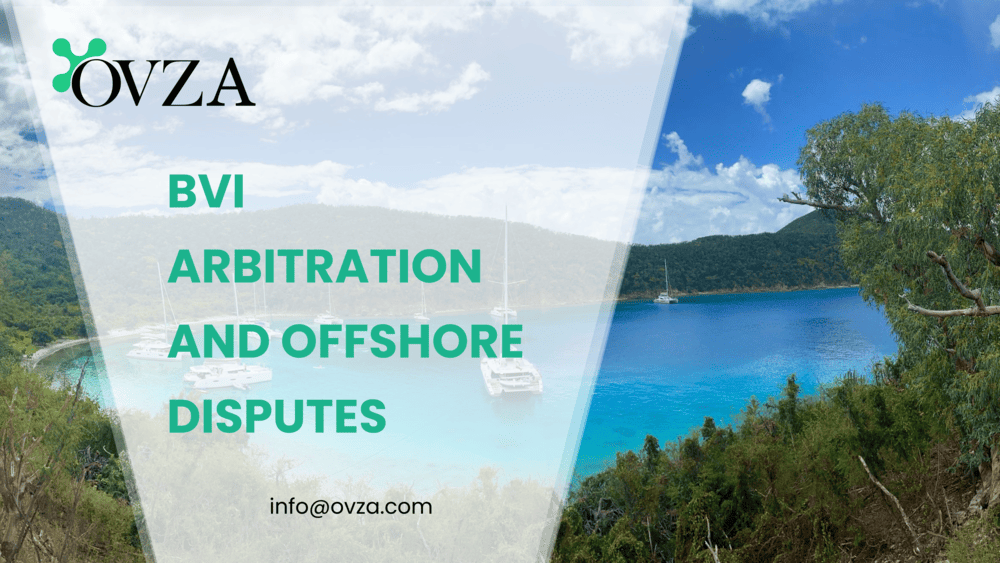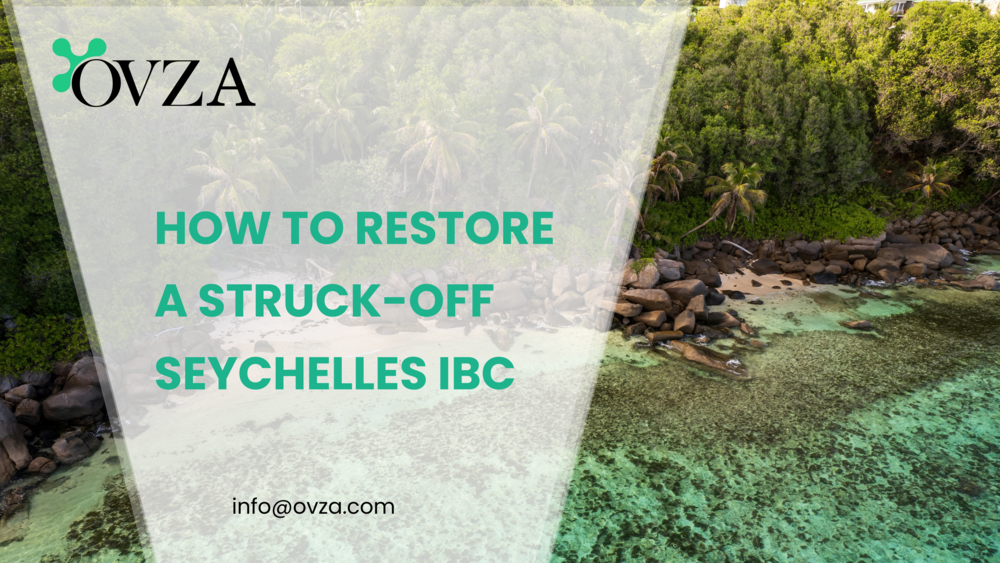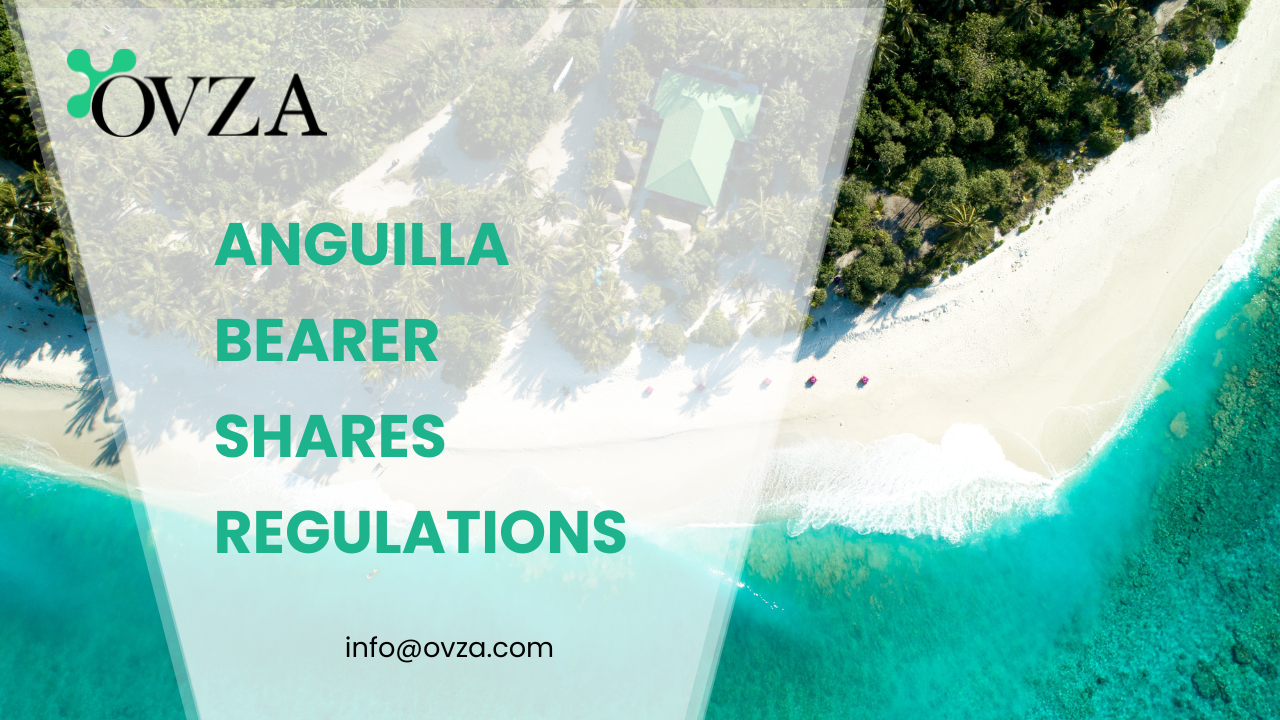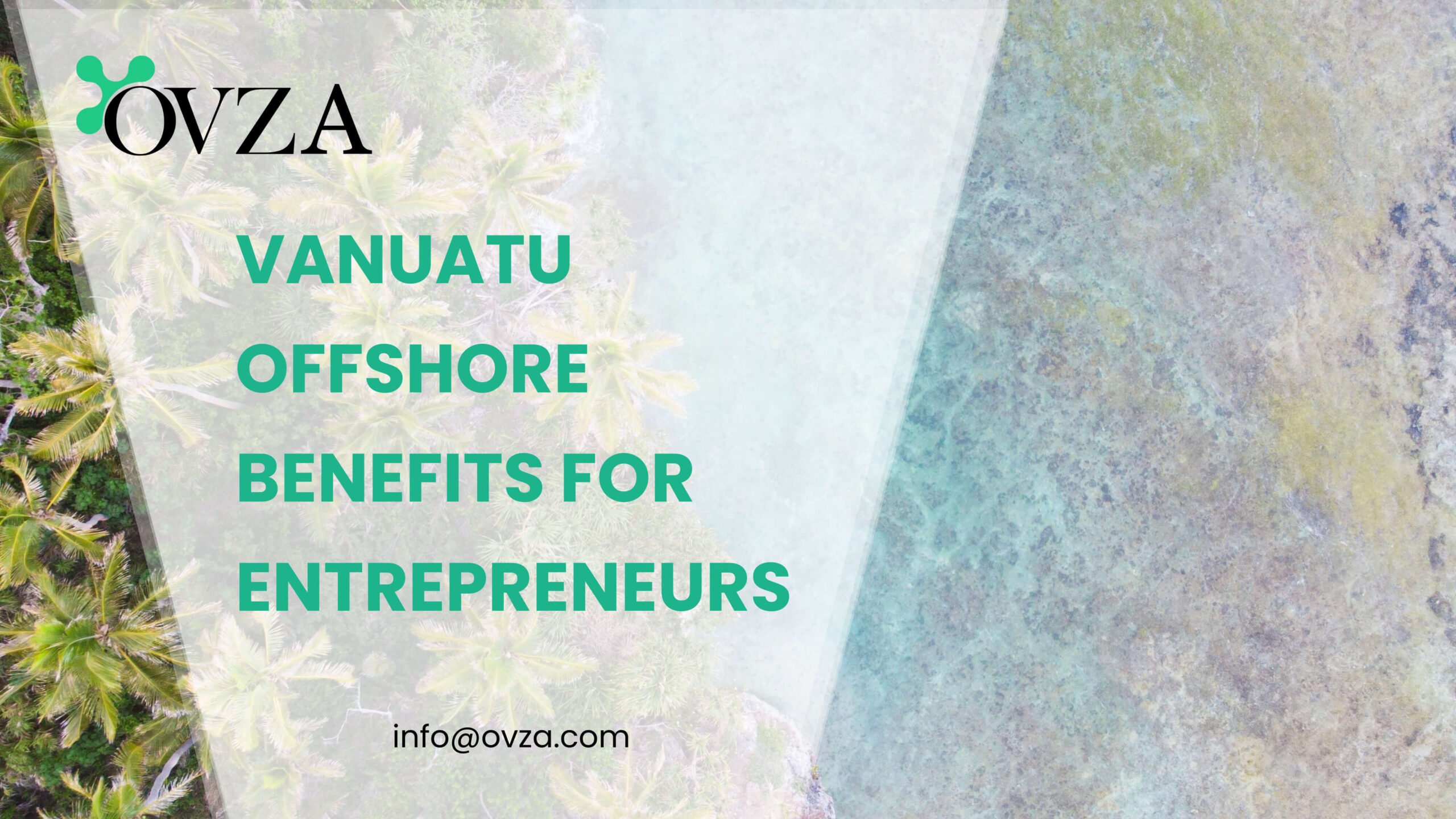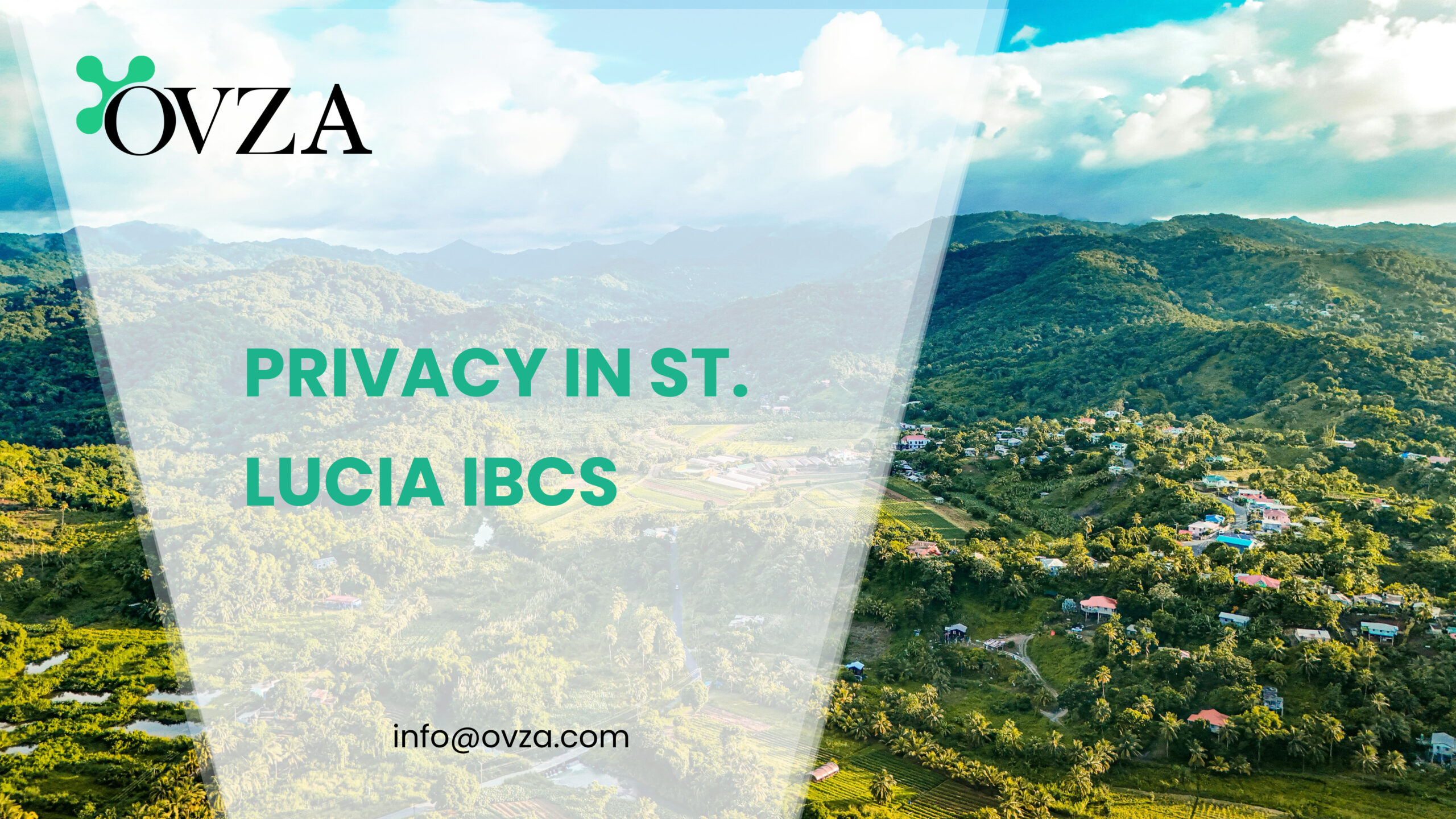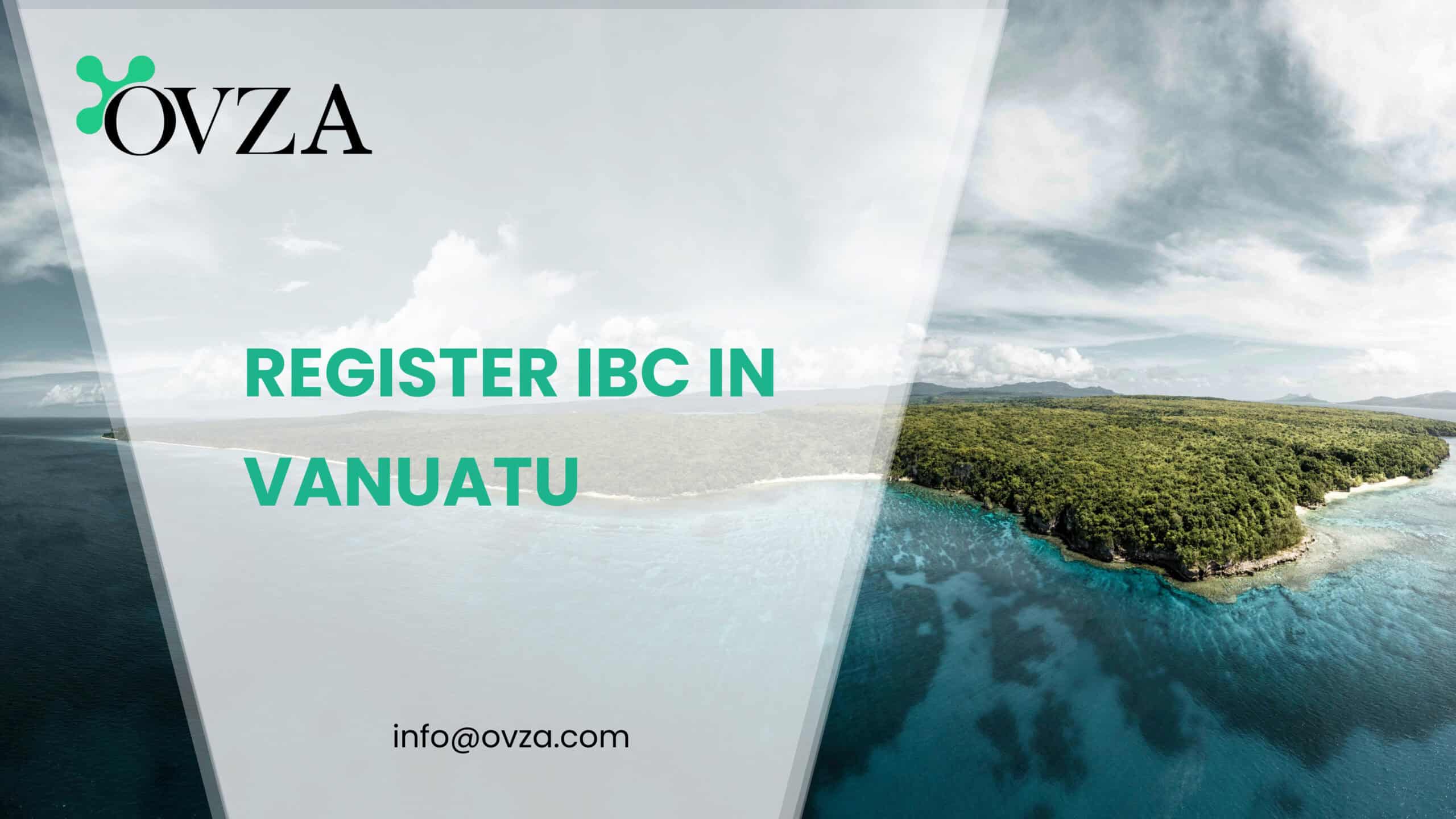Can a British Virgin Islands (BVI) company own real estate in Europe? Yes. Using a BVI offshore company to purchase, own, and manage European property is a well-established strategy for investors seeking asset protection, privacy, and tax efficiency. According to the Centre for Economic Policy Research (CEPR), offshore companies—including many from the BVI—own residential properties valued at approximately £50 billion in England and Wales alone.
This approach remains viable and widely used, offering investors key advantages when structured correctly. In this article, we’ll outline the benefits of using a BVI company for real estate ownership, explore regulatory considerations, and explain the practical steps to take when purchasing property in Europe through a BVI company.
Legal Basis for a BVI Company Owning Real Estate in Europe
The ability of a British Virgin Islands (BVI) company to own real estate in Europe is well-supported by both international business law and the property laws of individual European countries. Most European jurisdictions recognize offshore companies, including those incorporated in the BVI, as legitimate legal entities. As long as the company complies with local property registration procedures and tax requirements, it is treated as a lawful property owner. Countries such as the United Kingdom, Spain, and Portugal commonly see foreign corporate ownership in their real estate markets, and a BVI company is no exception.
When purchasing property, a BVI company is registered as the legal titleholder in the local land registry, just like a domestic or foreign corporation. This ensures the company’s ownership rights are fully recognized under local property laws. However, due to increasing global transparency standards, many European countries now require offshore companies to disclose their ultimate beneficial owners (UBOs) to tax authorities. This step ensures compliance with anti-money laundering (AML) regulations while still allowing investors to benefit from the privacy and asset protection that a BVI company offers.
Although BVI companies themselves are tax-exempt in their home jurisdiction, property-related taxes in Europe—such as stamp duty, capital gains tax, and annual property taxes—still apply. Structuring the company effectively can help minimize these obligations, particularly when planning for future property sales or ownership transfers. The BVI’s adherence to international tax and regulatory standards, including those set by the OECD, further reinforces the legitimacy of BVI entities in global markets. By combining these legal foundations with proper tax planning and compliance strategies, investors can confidently use a BVI company to own and manage European real estate while maximizing the associated benefits.
How Can a BVI Company Own European Real Estate
Owning real estate in Europe through a BVI company is a strategic and effective approach, but it requires careful planning and compliance with both BVI and European regulations. By following a structured process, investors can ensure a smooth and legally sound property acquisition.
Below is a step-by-step guide to help you navigate the process:
| Step | Description |
|---|---|
| Step 1: Incorporate a BVI Company | Form a BVI company tailored for property ownership. Ensure the company’s Articles of Incorporation specify property investment as part of its business activities. |
| Step 2: Appoint a Registered Agent | Appoint a licensed registered agent in the BVI to maintain company records and ensure compliance with BVI regulations. |
| Step 3: Open a Corporate Bank Account | Establish a bank account for the BVI company to manage property payments, taxes, and related expenses. OVZA can assist with banking solutions for offshore companies. |
| Step 4: Identify the Target Property | Select a property in your chosen European jurisdiction. Work with a local real estate agent or property lawyer to conduct due diligence. |
| Step 5: Engage Legal and Tax Advisors | Consult with local legal and tax professionals to understand ownership rules, tax obligations, and property registration requirements. |
| Step 6: Complete the Purchase Process | Sign the purchase agreement in the name of the BVI company. The property title will be registered directly to the company. |
| Step 7: Register the Beneficial Owner (If Required) | Comply with local laws by disclosing the ultimate beneficial owner (UBO) if required by the country’s authorities. This step ensures compliance with European transparency regulations. |
| Step 8: Manage Ongoing Compliance | Maintain accurate company records, file required reports with the BVI registry, and comply with local property tax obligations in the country where the property is located. |
Why Use a BVI Company to Own European Real Estate?
BVI companies are favored for real estate investments due to their flexibility, strong legal protections, and efficient ownership structures. Here’s why many investors choose this approach:
1. Asset Protection
A BVI company acts as a protective layer between the property and its beneficial owner. This separation can safeguard the asset from potential lawsuits, creditor claims, or unforeseen financial liabilities. In the event of legal disputes, the property itself is shielded within the company structure, reducing personal exposure.
2. Privacy and Confidentiality
The BVI offers a high degree of privacy in corporate ownership. While the BVI maintains a beneficial ownership register, this information is not publicly accessible. This structure can help investors discreetly manage high-value assets without public disclosure.
3. Inheritance and Succession Planning
Holding European real estate through a BVI company can simplify estate planning. Since the company itself owns the property, transferring ownership becomes a matter of reassigning shares, bypassing complex local probate procedures in the country where the property is located.
4. Tax Efficiency
Although European countries impose their own property taxes, a BVI company can provide potential tax efficiencies depending on how the ownership structure is designed. For example, when structured correctly, selling company shares instead of the property itself may reduce capital gains tax obligations in some jurisdictions.
5. Flexibility for Investment and Joint Ownership
A BVI company offers a versatile platform for co-investments or family wealth structures. Investors can easily distribute shares among multiple stakeholders, simplifying ownership management across generations or between business partners.
Conclusion
Using a BVI company to own real estate in Europe is not only possible but remains a highly effective strategy for investors seeking privacy, asset protection, and flexible ownership structures. While regulations across European countries have evolved to enhance transparency, a properly structured BVI company can still provide significant advantages when purchasing and managing property. By following the correct steps — from incorporating the company and opening a bank account to engaging local advisors and ensuring compliance with disclosure requirements — investors can confidently secure European real estate through this proven offshore structure.[/vc_column_text][/vc_column][/vc_row]


